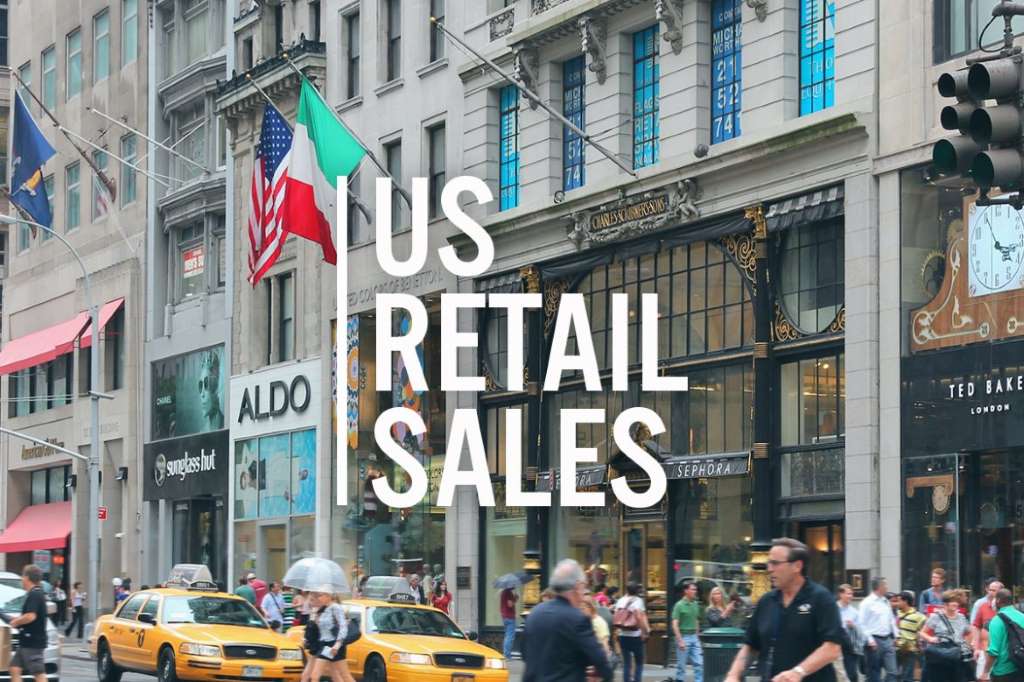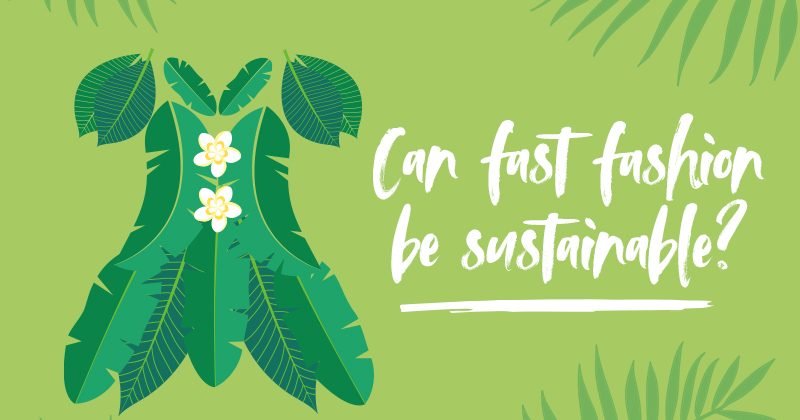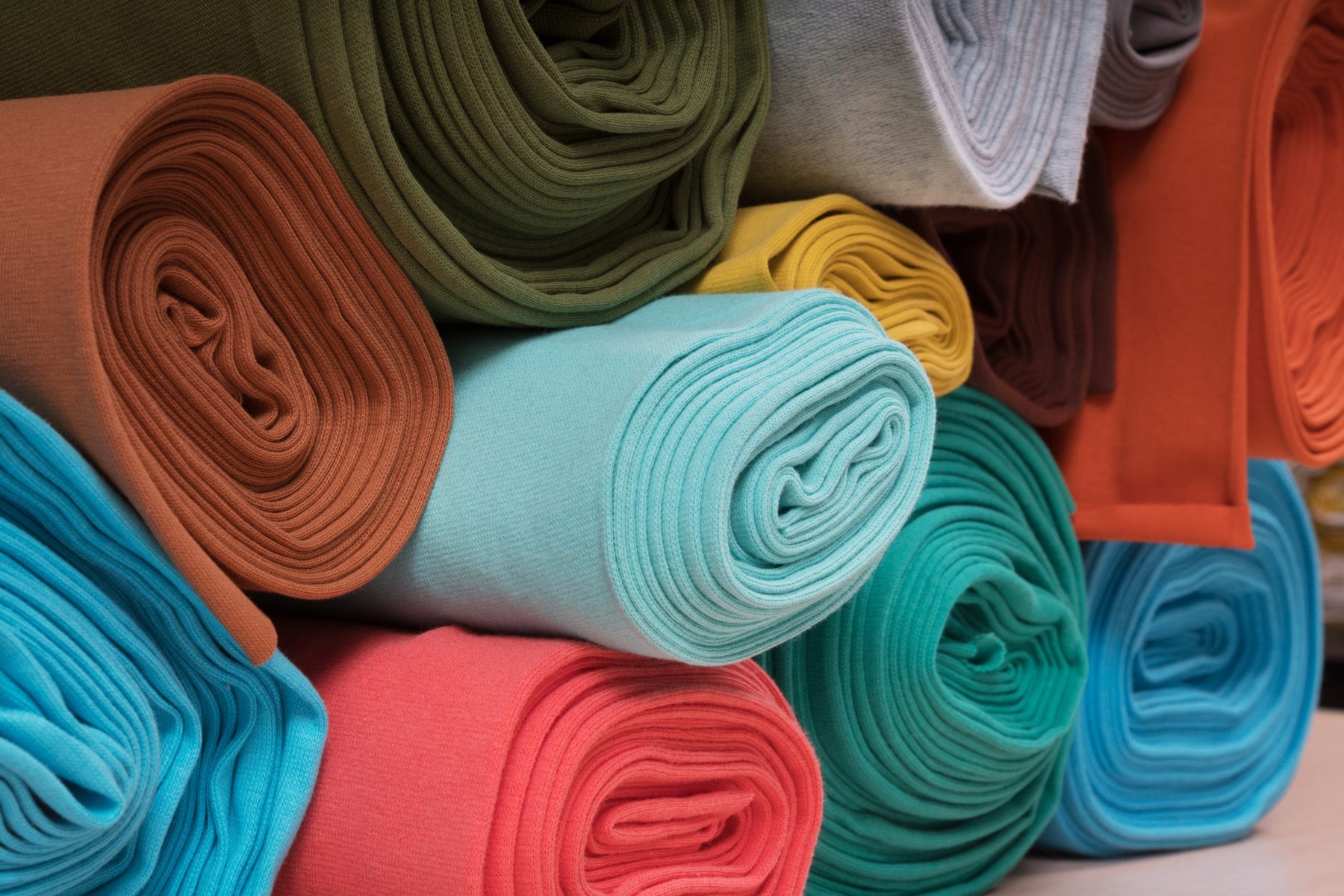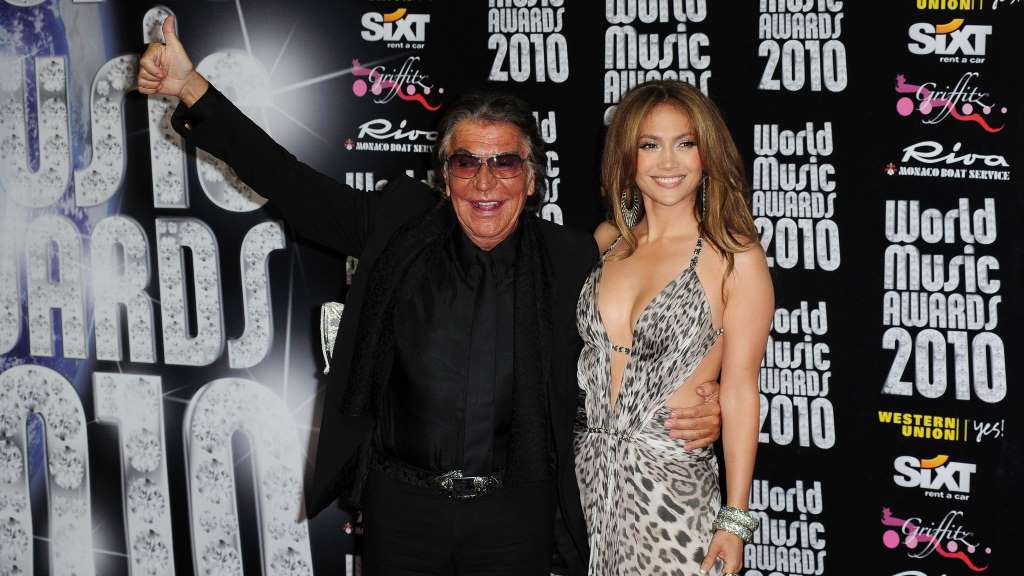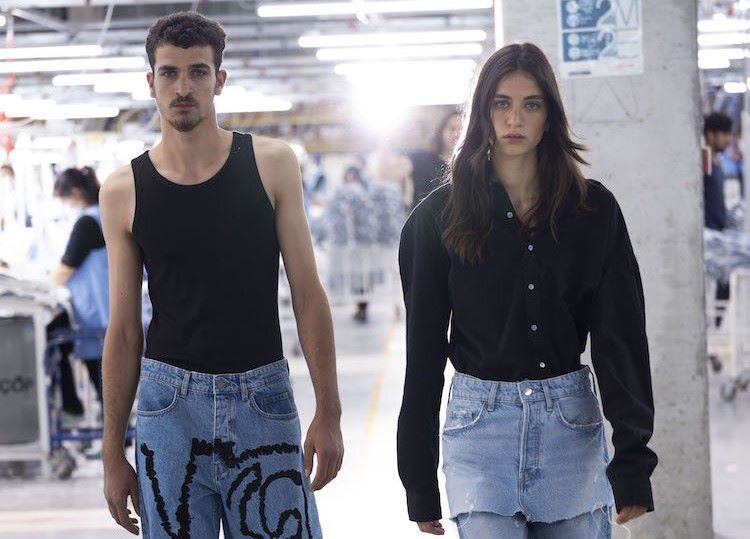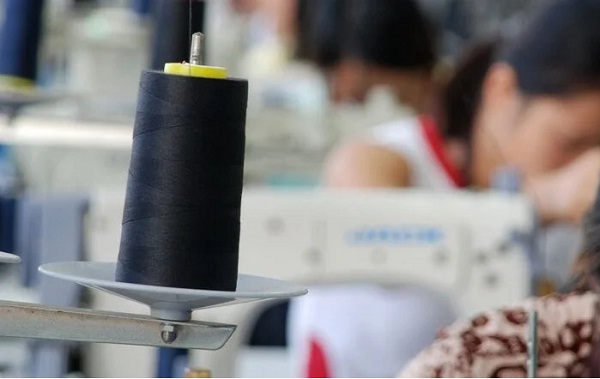
The latest Fashion Transparency Index by Fashion Revolution says, world's largest fashion brands and retailers will have to increase transparency to tackle the climate crisis and social inequality. Ranking 250 of the world’s largest fashion brands and retailers for their public disclosure of human rights and environmental policies, the seventh edition of the index shows, around 85 per cent brands are not honest in disclosing their annual production volumes despite mounting evidence of clothing waste around the world, and around 96 per cent brands and retailers do not reveal the number of workers in their supply chain paid a living wage.
Further, the Fashion Transparency Index shows, only 37 per cent brands define a sustainable material despite almost 45 per cent publishing targets on the same. Only 24 per cent of major brands disclose their initiatives to minimize microfibers while 94 per cent of them are not honest about the number of workers in their supply chains who are paying recruitment fees.
Transparency grows despite disappointing results
Despite these disappointing results, Fashion Revolution says, transparency amongst brands is growing, primarily amongst first-tier manufacturers. According to the Index, Italian brand OVS is the most transparent with a score of 78 per cent alongwith with Kmart Australia and Target Australia, whose score increased by 22 percentage points compared to 2021.
This is followed by H&M, The North Face and Timberland who scored 66 per cent. The biggest increases in scores were noted by Calzedonia Group brands whose scores increased from 11 per cent to 54 per cent.
Underperforming brands
Around 73 brands scored in the 0-10 per cent range. The lowest scoring brands with a dismal 0 per cent rating included: Jil Sander, Fashion Nova, New Yorker, Max Mara, Semir, Tom Ford, Helian Home, Belle, Big Bazaar, Elie Tahari, Justfab, K-Way, Koovs, Metersbonwe, Mexx, Splash and Youngor.
Further, the index showed, around 85 per cent of major brands are not transparent about their annual production volumes while 28 per cent of brands disclose more information about the circular solutions they are developing than on the actual volumes of pre- and post-production waste they produce.
Reluctance to disclose purchasing practices
Just 11 per cent of brands publish a responsible purchasing code of conduct indicating that most are still reluctant to disclose how their purchasing practices could be affecting suppliers and workers.
Despite the urgency of the climate crisis, less than 30 per cent of major brands disclose a decarbonization target covering their entire supply chain which is verified by the Science-Based Targets Initiative. Only 11 per cent of brands publish their supplier wastewater test results, despite the textile industry being a leading contributor to water pollution. Around 96 per cent of major brands and retailers do not publish the number of workers in their supply chain paid a living wage nor do they disclose if they isolate labour costs
Failure to pay minimum wages
Most brands fail to ensure that the workers in their supply chain are paid enough to cover their basic needs and put aside some discretionary income. Just 27 per cent of brands are open about their approach to achieving living wages for supply chain workers and number of workers in their supply chain paid a living wage. Liv Simplliciano, Policy and Research Manager, Fashion Revolution says, only greater transparency can help address the fashion’s social and environmental issues.


